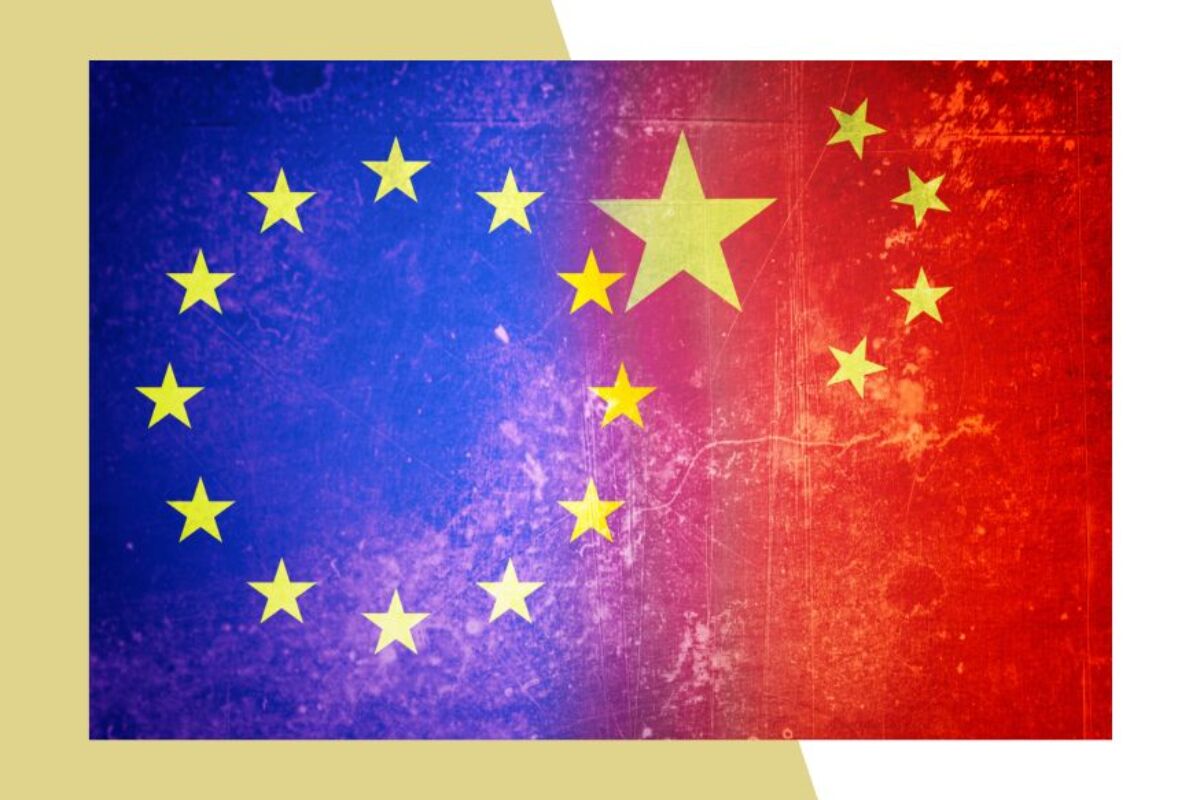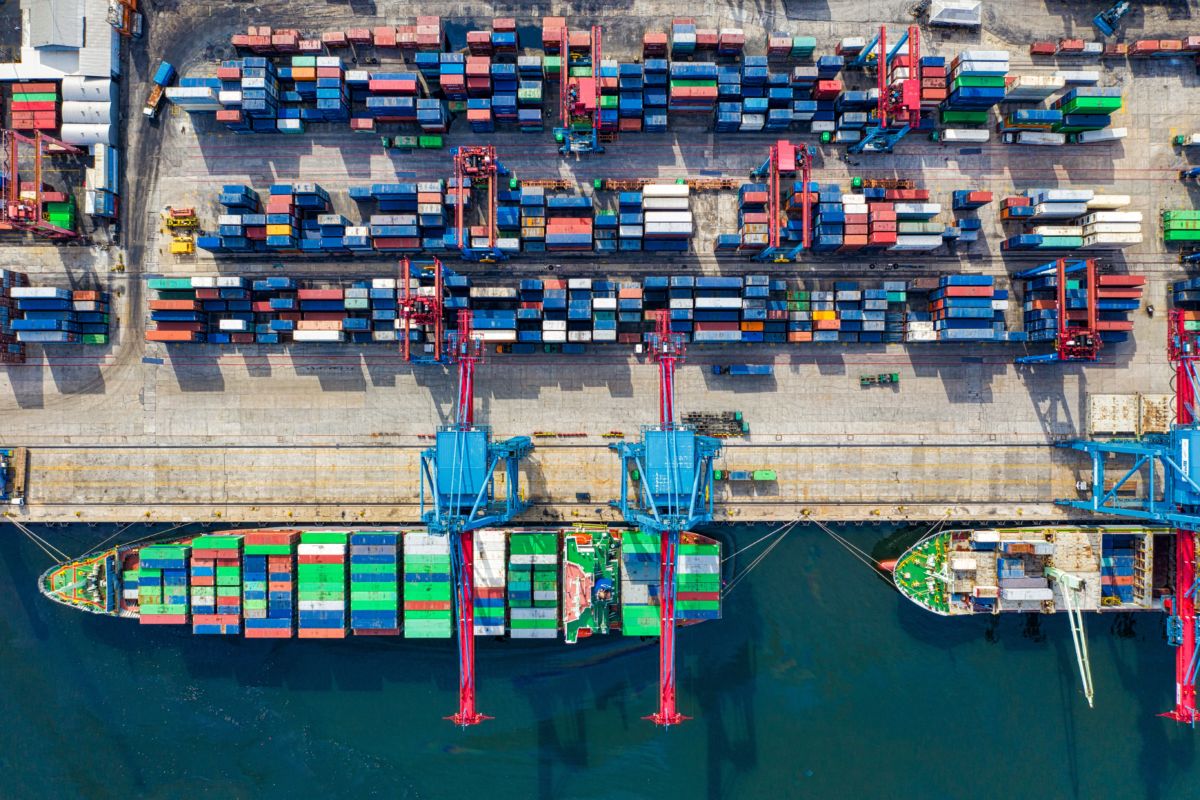On 10 March 2020, just as the Covid-19 pandemic was really starting to hit Europe, the European Commission launched a New Industrial Strategy for Europe, highlighting its overarching ambitions for the ‘twin transition’, a journey towards climate neutrality and digital transformation. The twin transition cuts across all EU policies and was presented as essential for promoting Europe’s competitive sustainability, as well as supporting the Commission’s ‘geopolitical’ ambitions by boosting the EU’s open strategic autonomy. However, the pandemic has prompted the EU to refocus its strategy, as expressed in the Commission’s May 2021 Communication on updating the EU’s industrial strategy. The need to ensure greater resilience has become the top priority for the EU institutions, alongside competitive sustainability and open strategic autonomy.
Ensuring a resilient and sustainable post-pandemic recovery requires action on both the domestic and the external fronts. On the domestic front, key initiatives will include the systemic transformation of industry value chains; a sustainable approach to digitalisation; and a renewed focus on mitigating the impact of the pandemic on labour markets, accelerating the up- and reskilling of workers in sectors that are likely to have experienced the worst downturn. On the external front, the EU institutions will be called to carry out a careful and pervasive mapping of the EU’s strategic dependencies on other powers, especially in key technologies and raw materials, and to spur on the de-fragmentation of the European Defence Technological and Industrial Base (EDTIB) to strengthen the EU’s ability to act as a security provider in a deteriorating multilateral world order.
One of the cornerstones of the EU’s post-pandemic industrial strategy will inevitably be found in the Resilience and Recovery Fund (RRF), which provides a once-in-a-generation opportunity for the EU and its Member States to pave the way for a coordinated transformation of the European economy.
To support the European institutions in their quest for a resilient and sustainable post-pandemic recovery, CEPS has decided to set up a permanent Forum on the New Industrial Strategy for Europe, starting from February 2022 onwards. The Forum builds on an extremely successful CEPS 2021 Task Force dedicated to the same topic. The new Forum adopts the same multistakeholder spirit and is open to all stakeholders, including institutions, businesses, academics and representatives of civil society.
The Forum also adopts a similar multi-disciplinary, cross-sectoral approach. It is composed of five permanent Working Groups, dedicated to important transversal topics relating to the EU’s industrial strategy. One overarching Working Group will be dedicated to Industry 5.0 as a ‘North Star’ for the EU’s New Industrial Strategy. The four other Working Groups concern more specific themes: strategic autonomy and the resilience of value chains; making the digital transition work for everyone; strategic autonomy in defence; and national resilience and recovery plans and the evolving industrial policy.
Each of these Working Groups is structured around three closed-door (online or hybrid) meetings to be held during each semester of the year, i.e. from February until June and from September until December. They will contribute concrete ideas and policy recommendations, translated into policy briefs and a Working Group final report, distilled from the Working Group’s contributions and discussions, desktop research and interviews. All Working Groups will reconvene in a plenary session at the end of the semester, i.e. in June and December, to take stock of the results of each stream of debate and to develop a consolidated list of policy recommendations. One-off events will also be organised as part of the Forum. For the first semester of 2022, they will cover aspects of the EU’s external action, namely: development and cooperation in line with the EU global gateway; and EU trade instruments against unfair practices.
Please see the links below for the full prospectus, the brochure and the form to express your interest.
Forr further information, please send an e-mail to: [email protected]





































